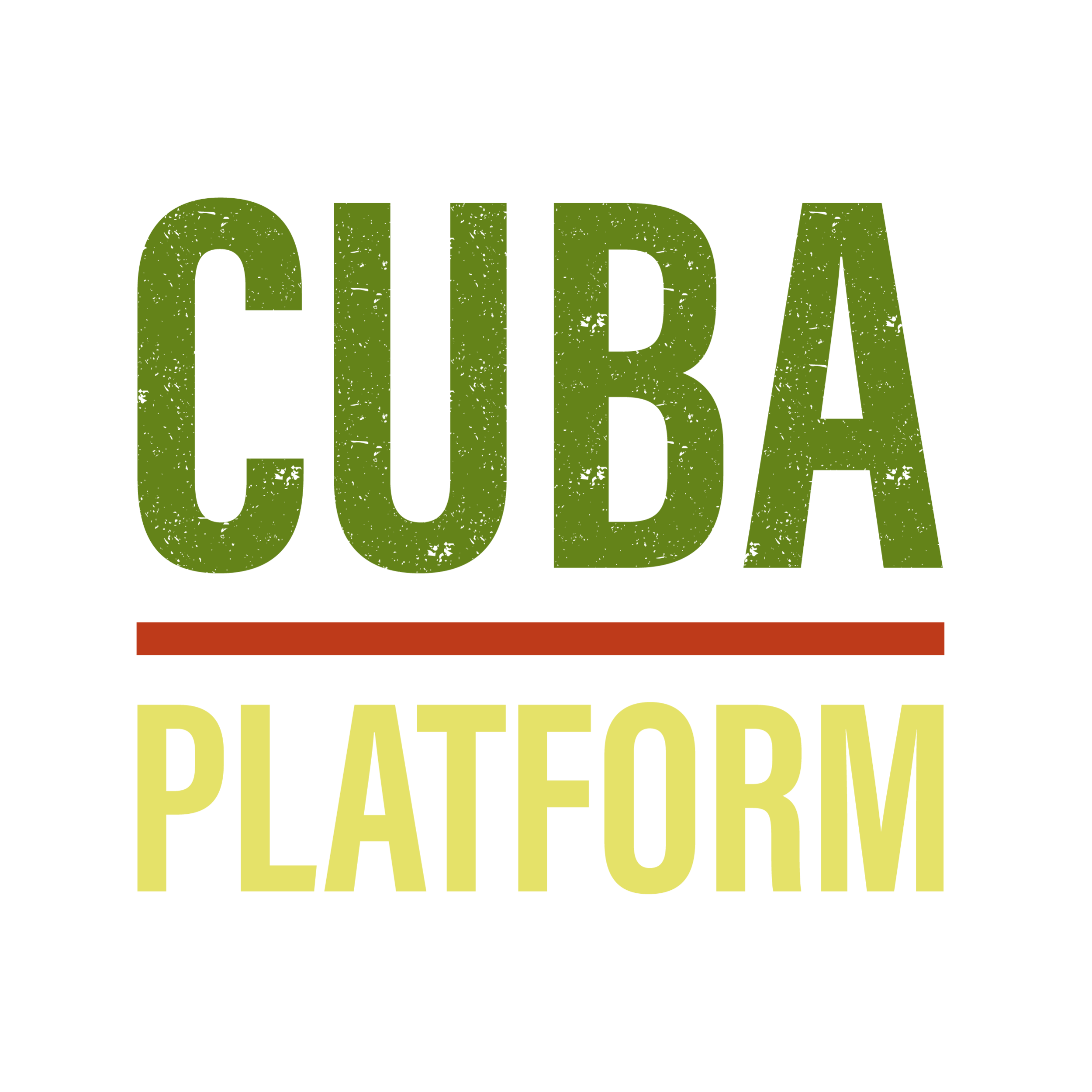Caring in Crisis: Materializing Equality
July 10, 2020
Dear Friends and Colleagues,
In an essay published this week in El País on violence, change, and the power of language and imagination, Judith Butler reminds us of Argentinian writer Julio Cortázar. Cortázar, who first visited Cuba in 1961, was notorious for his insistence that utopias are achievable. He did not know what would become of Cuba, or any other site of social change, but he believed that it was important to not only call out injustice, but also imagine and strive toward something better. Here, today, in the U.S. (as in so many parts of the world) the evidence of COVID-19’s disproportionate impacts on people of color and women is mounting, and we are continuing to grapple with the question as to how we can achieve a more care-centered and less violent society post-pandemic. We hope that this week’s updates on Cuba’s progress and challenges in the areas of COVID-19, equality, and well-being will feed your thinking on what might be possible, and how it can be achieved. Stay tuned in the coming weeks for new audio(visual) releases from the Cuba Platform.
Take Care – Sarah, Justine, Mariakarla
Cuba and Covid-19
As an article in New Scientist describes, Cuba and Uruguay are quashing the pandemic even as cases continue to soar in the Americas. As of this Wednesday, all Cuban provinces aside from Havana have gone into the second phase of COVID-19 recovery. Havana, remaining in phase one, is still seeing a drip of new cases, now less than ten a day on average. To contain further spreading associated with these cases, authorities have closed down sections of several Havana neighborhoods, setting up new points of food and pharmacy access so that residents don’t need to leave the area. The capital city is continuing to increase the number of PCR (rapid diagnostic) tests administered, most recently exceeding 2,200 in one day. The Ministry of Public Health reported 10 new cases on Thursday, 7 of them asymptomatic.
Material Concerns
According to a recent opinion survey conducted by Escambray newspaper, food availability is the top concern of Cuban respondents. The daily search for adequate and desirable food (marked by 21% of people polled) beat out fears of a new spike in coronavirus (16%) and other common concerns related to currency and the national economy. Access to other goods has also become a serious concern during the pandemic, as it has shut down the flow of goods and money supplied by “mules,” who travel to the United States, Panama, Russia and other countries to bring back scarce goods.
Cuban “Makers”
As reported in previous editions, many Cubans are responding to this scarcity with creative, local projects. “Copincha,” a Cuban group of innovators, designers, and artists are creating masks and goggles from recycled plastic bottles. The designers have shared tutorials on social media, and have also linked with a state company and network of designers to expand production.
Cuban Women and COVID-19
Despite the fact that more men than women have died from the virus in Cuba, the results of the study “Gender and Fear of COVID-19 in a Cuban Population Sample” show that women living on the island experienced significantly greater fear of COVID-19 than men; a finding that has been associated with the greater psychological, physical, and structural vulnerability of women during quarantine.
Breaking the Silence on Race
On Sunday, Cuba’s national, state-owned newspaper, Granma, published an article on race that described, “racism is still present in Cuba today, because it was underlying, many times asleep, in the social conscience of more than a few compatriots and invisibilized in more than a few social and even institutional spaces.” Online commenters posted appreciation that Granma had broken the silence on the topic of race and urged the paper to publish the voices of black intellectuals.
Medical Internationalism
CNN reported on the Trump administration’s criticism of Cuba’s overseas medical aid program, and spoke with Cuban doctors who defend their work as voluntary and mission-driven. The Italian Minister of Health hosted the Cuban ambassador in Italy this week to publicly thank Cuba for helping confront the health emergency caused by the pandemic.
About this newsletter: The Caring in Crisis newsletter began March 20 and goes out in both English and Spanish every Friday (please alert us if you wish to switch language subscriptions). You can always return to past issues here. Please drop us a note anytime to let us know what you’d like to see more of and to share updates related to crisis-response, creativity and resilience from your corner of the world. We would love to hear from you.
Copincha offers tutorials on making face shields and other protective gear from recycled plastic bottles
The Havana Film Festival releases the announcement for the 42nd International Festival of New LatinAmerican Film: "What the Doctor Ordered," describing that in these times it is important "not only to cure the body, but also to maintain the soul."



